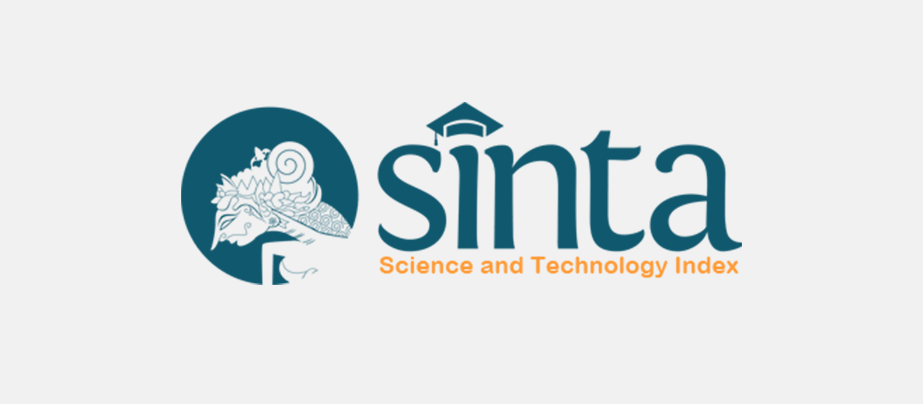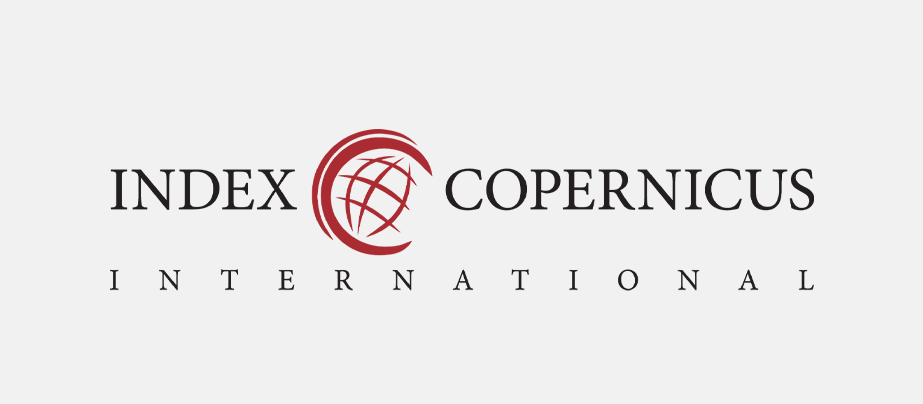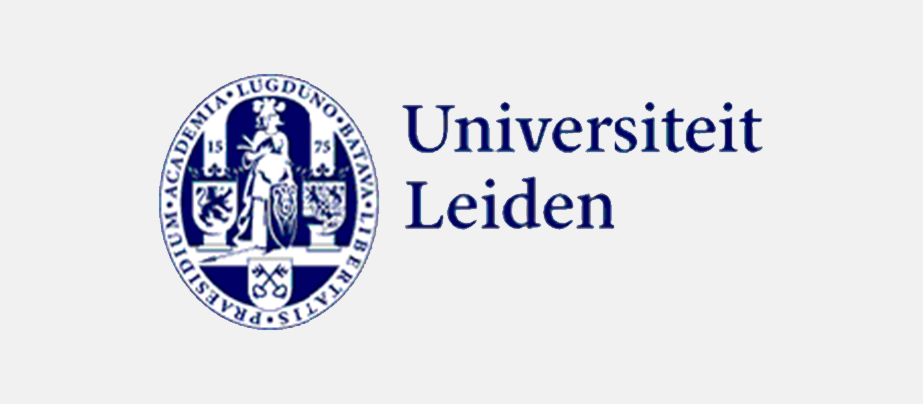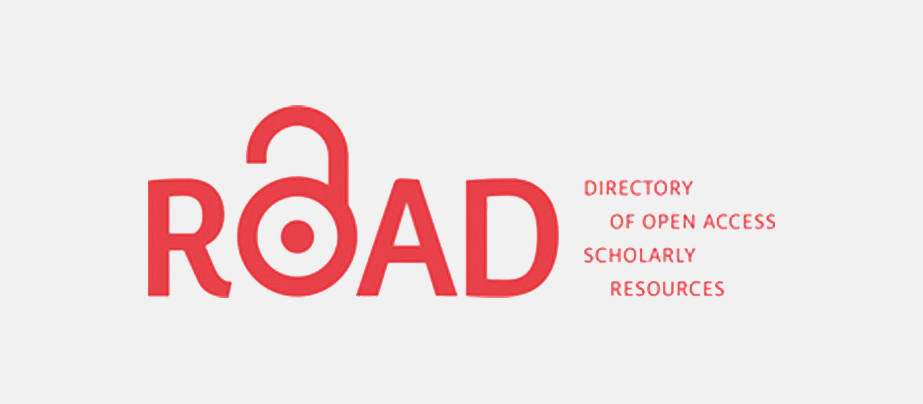Between Sharia Maqasid Index and Human Development Index: Which One is Happier?
Abstract
Keywords
Full Text:
PDFReferences
Alesina, A. and D. Rodrik (1994). Distributive Politics and Economic Growth. The Quarterly Journal of Economics, Vol. 109, No. 2, pp. 465-490.
Ali, S. S. and H. Hasan (2014). Towards a Maqasid al-Shariah based Development Index. IRTI Working Paper Series, WP#1435-18.
Alkira, S. and J. Foster (2010). Designing the Equality Adjusted-Human Development Index. Human Development Research Paper 2010/28, UNDP.
Anand, P. et al. (2009). The Development of Capability Indicators. Journal of Human Development and Capabilities, Vol. 10, No. 1, pp. 125-152.
Anand, S. and A. Sen (2000). The Income Component of the Human Development Index. Journal of Human Development and Capabilities, Vol. 1, No. 1.
Anto, MB. H. (2009). Introducing an Islamic Human Development Index (I-HDI) to Measure Development in OIC Countries. Islamic Economic Studies, Vol. 19 No. 2.
Bagolin, I. P. and P. E. Comim (2008). Human Development Index (HDI) and Its Family of Indexes: An Evolving Critical Review. Revista de Economia, Vol. 34, No. 2 (ano 32).
Batchelor, D. A. (2013). A New Islamic Rating Index of Well-being for Muslim Countries. Islam and Civilisational Renewal.
Blanchflower, D. G. and A. J. Oswald (2004). Money, Sex and Happiness: An Empirical Study. National Bureau of Economic Research, Working Paper 10499.
Blanchflower, D. G. and A. J. Oswald (2004). Well-being overtime in Britain and the USA. Journal of Health Economics, 88, pp. 1359-1386.
Blanchflower, D. G. and A. J. Oswald (2005). Happiness and the Human Development Index: The Paradox of Australia. National Bureau of Economic Research, Working Paper 11416.
Berenger, V. and A. Verdier-Chouchane (2007). Multidimensional Measures of Well-being: Standard of Living and Quality of Life Across Countries. World Development, Vol. 35, No. 7, pp. 1259-1276.
Chowdury, O. H. (1991). Human Development Index: A Critique. The Bangladesh Development Studies, Vol. 19, No. 3, pp. 125-127.
Conceicao, P. and R. Bandura (2013). Measuring Subjective Wellbeing: A Summary Review of the Literature. http://web.undp.org/developmentstudies/docs/subjective_wellbeing_conceicaobandura.pdf.
Dar, H. A. and S. F. Otiti (2002). Construction of an Ethics-augmented Human Development Index with a Particular Reference to the OIC Member Countries. Economics Research Paper, No. 02-14. Loughborough Unversity.
Dasgupta, P. (1995). An Inquiry into Well-being and Destitution. London: Clarendon Press.
Davis, James A., T. W. Smith, and P. V. Marsden (2001). General Social Survey, 1972-2000: Cumulative Codebook. Storrs, CT: Roper Center for Public Opinion Research.
Easterlin, R. A. (1974). Does Economic Growth Improve the Human Lot? Some Empirical Evidence. University of Pennsylvania.
Easterlin, R. A. (2003). Explaining Happiness. Proceedings of the National Academy of Sciences, 100, pp. 11176-11183.
Engineer, M. H., et al. (2009). Healthy Human Development Index. Springer Science Business.
Fergany, N. (2002). In Search of an Adequate Measure of Human Development Index. Springer Science Business.
Frey, B. S. and A. Stutzer (2002). What Can Economists Learn from Happiness Research?. Journal of Economic Literature, Vol. 40, No. 2, pp. 402-435.
Gilbert, D. (2006). Stumbling on Happiness. New York: Alfred A Knopf. S
Hasan, Z. (1995). Economic Development in Islamic Perspective: Concept, Objectives, and Some Issues. Journal of Islamic Economics, Vol. 1 No. 6, pp. 80-111.
Helliwell, J. and R. D. Putnam (2004). The Social Context of Well-being. Philosophical Transactions of the Royal Society, 359, pp. 1435-1446.
Hicks, D. A. (1997). “The Inequality-Adjusted Human Development Index: A Constructive Proposalâ€, World Development, Vol. 25, pp. 1283-1298.
Inglehart, Ronald et al. (2000). World Values Surveys and European Values Surveys, 1981-84, 1990-93, 1995-97 [computer file]. ICPSR version. Ann Arbor: Institute for Social Research, 1999.
Kahneman, D., Krueger, A. B., Schkade, D., Schwarz N., & Stone, A. A. (2006). Would You be Happier If You Were Richer? A Focusing Illusion. Science, 312, pp. 1908-1910.
Kovacevic, M. (2011). Review of HDI Critiques and Its Potential Improvements. Human Development Research 2010 Paper/33. New York: UNDP.
Kuznet, S. (1955). Economic Growth and Income Inequality. American Economic Review, Vol. 45, No. 1.
Layard, R. (2005). Happiness: Lessons from a New Science. London: Allen Lane.
Leigh, A. and J. Wolfers (2006). Happiness and the Human Development Index: Australia Is Not a Paradox. The Australian Economic Review, Vol. 39, No. 2, pp. 176-84.
Lind, N. C. (1992). Some Thoughts on the Human Development Index. Social Indicators Research, Vol. 27, No. 1, pp. 89-101.
Lucas, R. E., Clark, A. E., Georgellis, Y., & Diener, E. (2004). Unemployment Alters the Set Point for Life Satisfaction. Psychological Science, Vol. 15, pp. 8-13.
McGillivray, M. (1991). The Human Development Index: Yet Another Redundant Composite.
Neumeyer, E. (2001). The Human Development Index and Sustainability –
Noorbakhsh, F. (1998). The Human Development Index: Some Technical Issues and Alternative Indices. Journal of International Development, Vol. 10.
Oswald, A. J. (1997). Happiness and Economic Performance. Forthcoming: Economic Journal.
Persson, T. and G. Tabellini (1994). “Is Inequality Harmful for Growth?†American Economic Review, Vol. 84, No. 3, pp. 600-621.
Ranis, G. (2004). Human Development and Economic Growth. Center Discussion Paper, No. 887.
Ranis, G. and F. Stewart (2000). Strategies for Success in Human Development. Journal of Human Development, Vol. 1, No. 1.
Rehman, S. S. and H. Askari (2010). How Islamic are Islamic Countries? Global Economy Journal, Vol. 10, No. 2.
Robbins, L. (1968). The Theory of Economic Development in the History of Economic Thought. London: Great Britain.
Salih, S. A. (2011). Comprehensive Human Development: Realities and Aspirations. Islamic Economic Studies, Vol. 19, No. 2.
Sen, A. (1985). Commodities and Capabilities. Amsterdam: North Holland
Smith, D.M., Langa, M., Kabeto, M.U., & Ubel, P. A. (2005). Health, Wealth, and Happiness. Psychological Science, Vol. 16, 663-666.
Streeten, P. (1979). ‘Basic Needs: Premises and Promises’. Journal of Policy Modeling, Vol. 1.
Streeten, P. (2000). ‘Looking Ahead: Areas of Future Research in Human Development’, Journal of Human Development, Vol.1, No. 1, pp. 25-48.
Todaro, M. P. (1997). Economic Development, 6th Edition, Reading, Massachusetts: Addison-Wesley.
Ubel, P. A., Loewenstein, G., & Jepson, C. (2005). Disability and Sunshine: Can Hedonic Predictions be Improved by Drawing Attention to Focusing Illusions or Emotional Adaptation? Journal of Exeperimental Psychology: Appl, Vol. 11, pp. 111-123.
United Nations Development Program (1990). Human Development Report 1990. UNDP, New York.
DOI: http://dx.doi.org/10.22373/jms.v17i2.1939
Refbacks
- There are currently no refbacks.
Copyright (c) 2017 Media Syari'ah
All papers published in Media Syari'ah : Wahana Kajian Hukum Islam dan Pranata Sosial are licensed under a Creative Commons Attribution-ShareAlike 4.0 International License. |



.png)


.png)
.png)
.png)






















